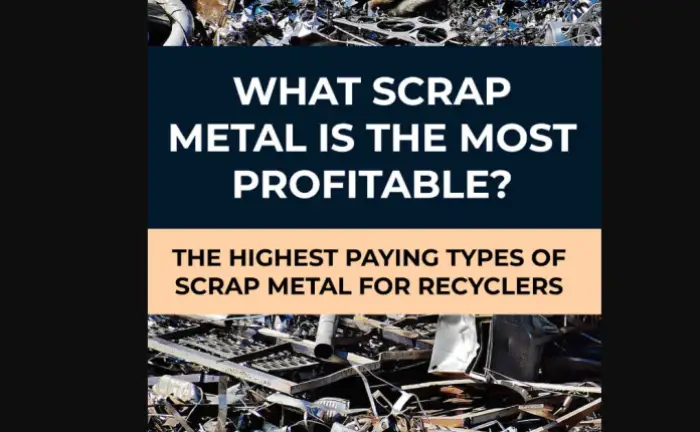- SurveyJunkie: Make $5-$25 in your free time. Just take online surveys, participate in Focus Groups and trying new products. Join SurveyJunkie Now!
Got a heap of scrap metal lying around? Did you know that scrap metal may be one of the best items to scrap for money?
Scrap metal recyclers pay the most money per pound for –
- Aluminum
- Copper
- Brass
- Stainless Steel
- Lead
- Gold
- Silver
- Iron
For the best profit, scrap metals should be sorted and cleaned correctly before recycling. Check the article out as we give you more info so you can get started with scrapping profitable metals!
Table of Contents
8 Items to Scrap for Money That Are Most Profitable
Recycling scrap metal is lucrative since many metals are of high value and sell for a profit. Here are the eight most profitable items to scrap for money:
- Aluminum: Aluminum is the most prevalent metal for recycling due to its high demand and low weight. A fair price per pound obtains when selling aluminum scrap.
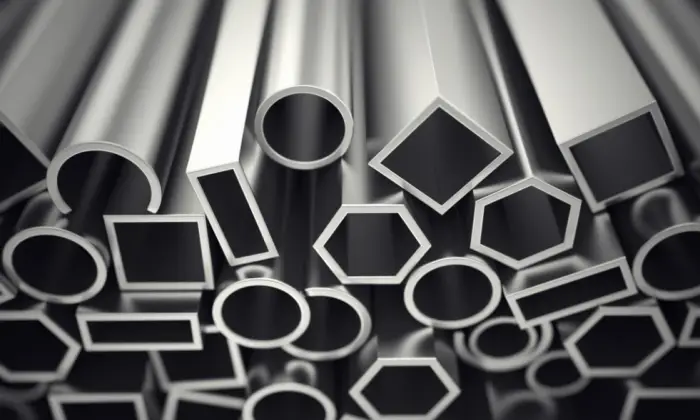
- Copper: Copper is a valuable metal found in electrical wires, plumbing pipes, and various other products.

- Brass: Brass metal is a copper-zinc alloy used for plumbing fixtures, electrical components, and musical instruments.
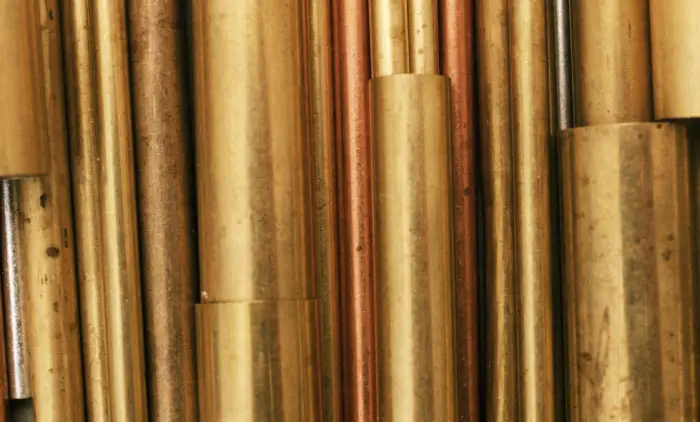
- Stainless Steel: Stainless steel is a metal for recycling due to its anti-corrosion properties and extensive application.
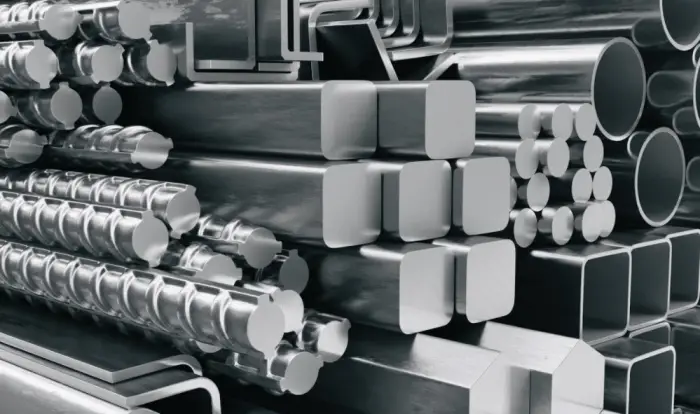
- Lead: Batteries and other industrial equipment typically include this heavy metal and, therefore is one of the most profitable items to scrap.

- Gold: Gold is a precious metal that people use in electronics and jewelry and purchase for a high price per ounce.

- Silver: Silver is yet another rare element we widely use in electronics, and anyone can buy it for a reasonable price per ounce.

- Iron: Iron is a typical metal in equipment, products, and other things.
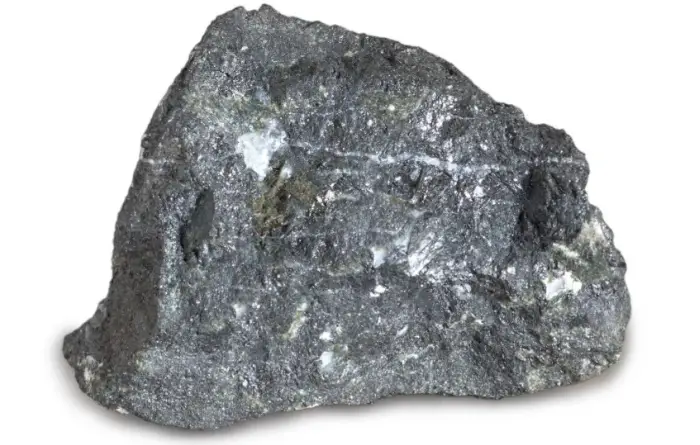
It’s crucial to remember that the price of scrap metal changes frequently, so it’s wise to verify the current price before selling your junk.
Before scraping these metals, let’s examine how we shall classify them.
Scrap Metal Classifications: Ferrous and Non-Ferrous Metal
Ferrous and non-ferrous metals divide into two basic classes from which scrap metal sort.
Materials like steel and cast iron are ferrous metals because they include iron. People use these relatively heavy, magnetic metals in construction, transportation, and home appliances.
Aluminum, copper, brass, stainless steel, and lead are non-ferrous metals that do not contain iron. Non-Ferrous metals are non-magnetic, lighter in weight, and have a higher corrosion resistance than ferrous metals.
Plumbing, the production of coins and jewelry, electrical wiring, and other industries regularly use them.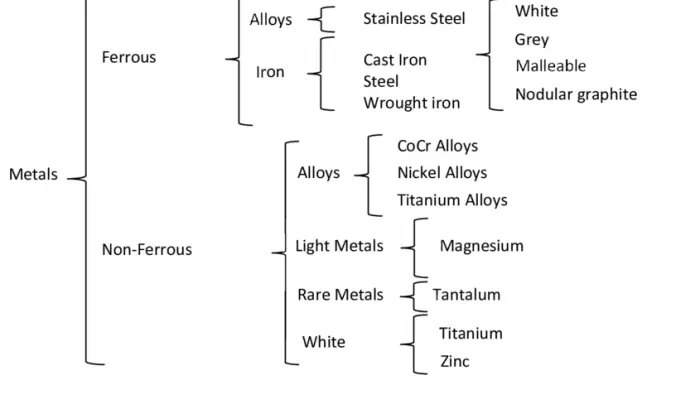
The primary distinction between the two metals is their magnetic properties. Non-ferrous metals lack magnetic properties in contrast to ferrous metals.
Additionally, non-ferrous metals are more valuable than ferrous metals due to their rarity and the demand for their specific properties and, therefore, the most profitable items to scrap.
Differentiating between ferrous and non-ferrous metals is crucial in the scrap metal sector because of how the processes and prices.
The price of scrap metal can also vary based on classification, with non-ferrous metals generally fetching higher prices.
Now let’s check out which mistakes to avoid while scrapping metals.
See also : How to Make Money on FeetFinder?
Mistakes To Avoid While Scrapping Metals
- Not researching the laws and regulations regarding metal scrapping: Different countries and states have laws about scrapping and selling scrap metal. Therefore, you must get familiar with these rules to avoid legal trouble.
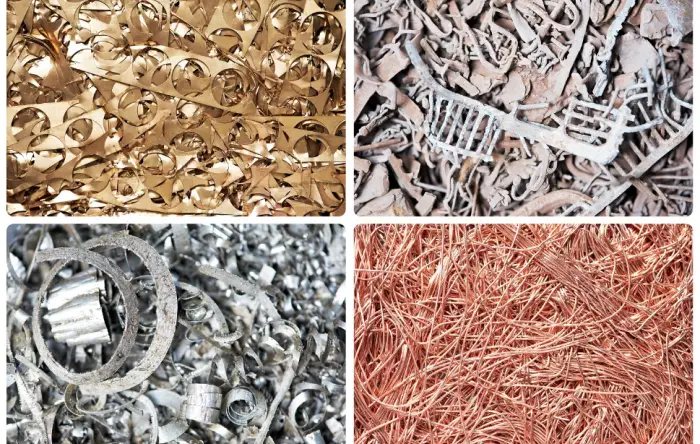
- Ignoring safety measures: Scrap metal handling can be dangerous and involves heavy machinery, sharp edges, and toxic substances. Always wear protective gear and follow established safety protocols.
- Not maintaining equipment: Regular maintenance such as shredders and balers is essential to ensure they function correctly and efficiently.

- Underestimating the value of metal: Accurately identifying and assessing the value of different metals is crucial for maximizing profits. Hire a professional or educate yourself on metal grading and pricing.
- Avoid keeping accurate records: Maintaining records of scrap metal transactions can organize your work and avoid legal issues.

- Not considering the environmental impact: Ensure to dispose of scrap metal properly to minimize environmental pollution and harm to wildlife.
Tips & Tricks to Get the Best Deal at a Scrap Yard
Here are some pointers to help you get the best deal possible when selling scrap in a yard:
- Research prices: Before you go to the scrap yard, research the current market prices for the metals you plan to sell to understand better what to expect for payment.
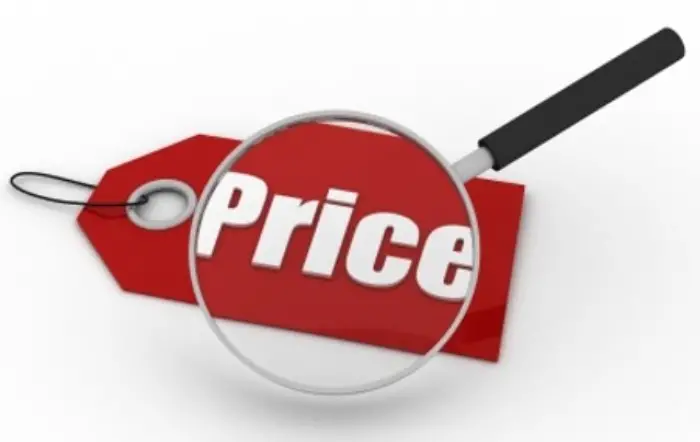
- Sort your scrap: Separate your scrap into different categories (e.g., aluminum, copper, stainless steel, etc.) to maximize your earnings.
- Know the weight of your scrap: Make sure your estimate of the overall weight of your scrap is accurate because scrap yards pay by weight.
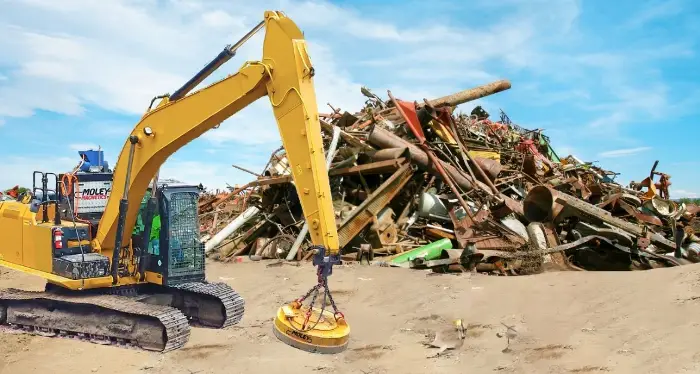
- Clean your scrap: Remove any dirt, paint, or other contaminants from your scrap to increase its value. A clean and well-sorted load of rubbish will often receive a better price.
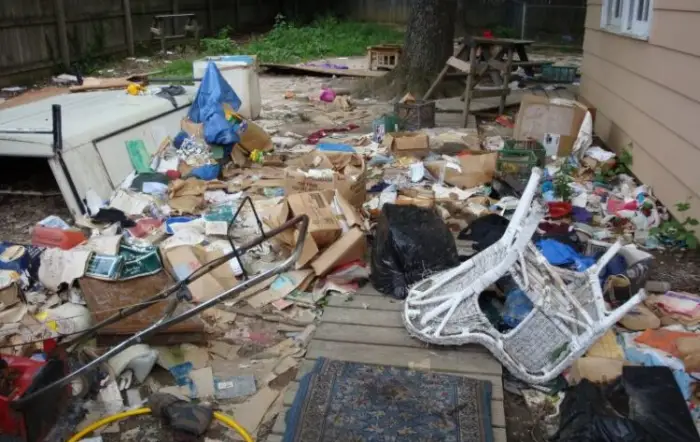
- Visit multiple yards: Don’t just sell to the first yard you come across. Find out which yard offers the best deal by shopping for various ones.
- Negotiate: Feel free to bargain over the price. If a yard is busy, they may be more likely to offer a better price to quickly get your scrap off their hands.If the yard is slow, they may be more willing to provide a better price to encourage you to sell your scrap to them.

- Timing: Consider selling your scrap during slow times in the yard. This will increase your bargaining power and possibly result in a better deal.
- Develop a relationship with the yard: If you regularly sell scrap to a yard, consider developing a relationship with the staff. Building a rapport with the yard can lead to better prices and a more efficient selling process in the future.
Remember always to be patient, do your research, and don’t be afraid to negotiate.
FAQs
How to sort scrap metal?
Scrap metal can be sorted based on its type, composition, and purity, as well as its weight and value. Some standard methods of sorting scrap metal include visual inspection, magnet testing, and chemical analysis.
Is it legal to sell scrap metal?
Yes, selling scrap metal is permitted in the majority of nations. However, rules differ. Some nations have limitations on the kinds of scrap metal that may be sold, while others demand a license before selling scrap metal.
How is scrap metal processed?
Scrap metal is processed through several steps, including sorting, shredding, and melting. Recycling scrap metal helps to reduce energy use and preserve natural resources.
Can metal scraping be done on hard metals?
Yes, metal scraping can be done on hard metals. But it requires specialized tools and techniques and is generally more difficult and time-consuming than scraping softer metals.
How is scrap metal priced?
The price of scrap metal is determined by supply and demand and varies based on the type of metal and the current market conditions. Additionally, it is impacted by elements, including the metal's purity, the size and weight of the scrap, and the expense of processing.
What distinguishes metal cutting from metal scraping?
Metal cutting involves using a tool to remove material from a metal piece. In contrast, metal scraping involves removing material through a scraper or similar tool that shaves or shoves material away.
Conclusion
Therefore scrap items have become quite helpful and are more fashionable than others. Thus these must give you knowledge about the most profitable things to scrap.

